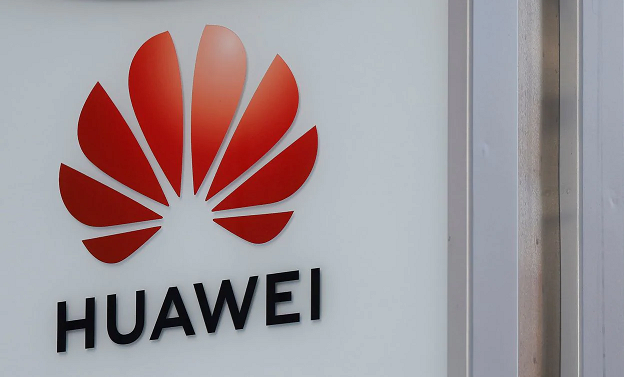China’s latest diplomatic row
January 25, 2019 | Expert Insights

Australia has questioned China’s detention of one of its citizens, who is said to be in the custody of state security officials.
This is the latest diplomatic row to involve China, which is already engaged in standoffs with Canada and the US.
Background
The relationship between China and Australia has grown considerably over the years. Both countries are actively engaged economically, culturally and politically which spans numerous organizations such as APEC, East Asia Summit and the G20. China is Australia's largest trading partner, and has invested in Australian mining companies to help meet the needs of its growing economy.
Relations between the two countries began to deteriorate in 2018 due to growing concerns of Chinese political influence in various sectors of Australian society including the Government, universities and media as well as China's stance on the South China Sea dispute.
In the past six months, relations between Beijing and U.S. allies have soured dramatically over duelling allegations of politically motivated arrests. China has viewed the international backlash against Huawei, including Canada’s seizure of Meng, as a campaign orchestrated by the United States to undermine a symbol of corporate China’s international success. It has warned Western capitals that they face severe consequences if they side with Washington.
Australia, which maintains important trade ties with China, defied Chinese warnings this month and sided with Western allies in a statement that expressed concern about China’s detention of the two Canadians.
Analysis
The Australian government said that it is seeking information about why China is holding one of its citizens, writer Yang Hengjun, who friends say, is probably in the custody of state security officials.
The case of Yang, a prominent novelist and former Chinese official who gave up his nationality and immigrated to Australia, could represent a fresh instance of China detaining a citizen of a country allied with the United States amid a globe-spanning standoff.
The detention comes a month after China detained two Canadians, Michael Kovrig and Michael Spavor, in what was seen as retaliation for Canada’s arrest of Meng Wanzhou, chief financial officer of Huawei Technologies, at the behest of the United States. The Justice Department said Tuesday that it would proceed with a formal request to extradite Meng on charges of conspiracy to commit fraud in violation of U.S. sanctions against Iran.
Australian officials inquired about Yang with their Chinese counterparts. The Australian Department of Foreign Affairs and Trade said Chinese authorities told it Yang is being held in Beijing, without giving additional details. “The department is seeking to clarify the nature of this detention and to obtain consular access to him,” the department said Wednesday. Yang’s wife, Yuan Ruijun, who was traveling with him and their two children, told friends that she was questioned in Guangzhou and that her husband was detained by state security, according to Feng.
Chinese Foreign Ministry spokeswoman Hua Chunying said Wednesday that she did not have information about Yang’s whereabouts and would look into the matter with relevant agencies.
Supporters say Yang has been an outspoken writer who has been a thorn in the government’s side for more than a decade. He was occasionally “invited” to have tea with state security but otherwise traveled unhindered to China as recent as a couple of months back , they say. Something changed in the past few months to prompt his alleged detention.
For years, Yang publicly joked that he was frequently recruited to be an asset for foreign intelligence. He wrote spy novels about China and the United States as well as criticism of Chinese politics that was seen in intellectual circles as unvarnished yet relatively moderate.
After he was detained in 2011, also during a trip to Guangzhou, Yang declined to publicly discuss the experience. But he wrote in a blog post that he would continue to work as a “calm intermediary” who pushed China — “our nation” — to become a strong, prosperous, free and democratic country.
Australian national security officials have mostly echoed their U.S. counterparts, issuing warnings about the security risks of Chinese technology companies participating in the country’s telecom infrastructure.
Assessment
Our assessment is that China’s recent aggressive behaviour towards US allies is a direct response to the US and Canada’s efforts to arrest and deport the CFO of Huawei. We believe that China is starting to assert itself diplomatically by standing its ground on every minor international incident.








Comments